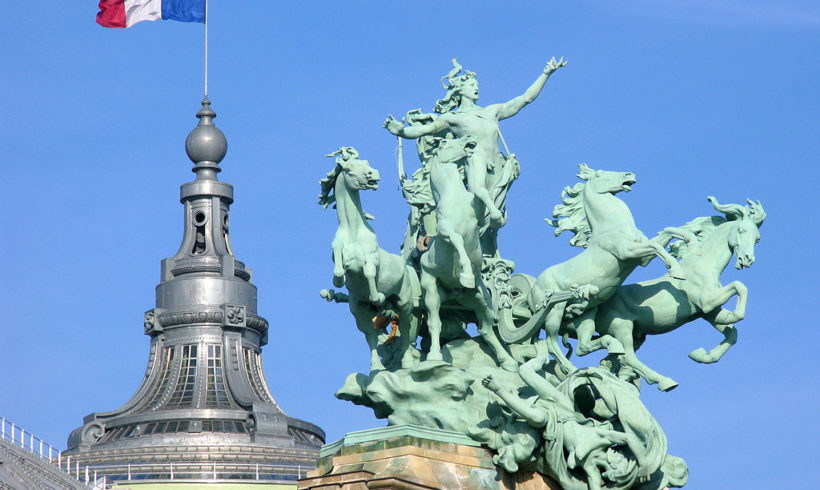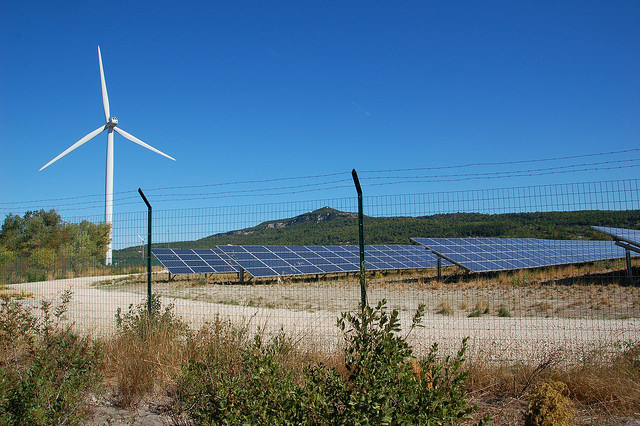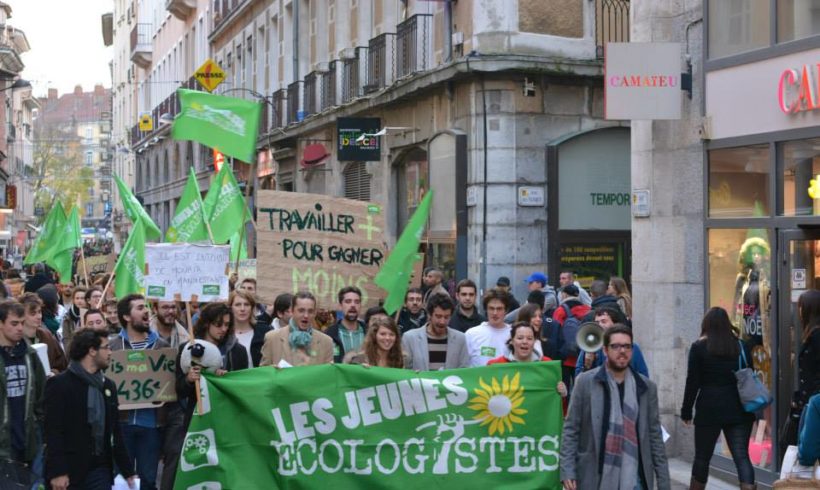By Jessica Corbett “It’s an incredible green wave.” That is how Yannick Jadot, a European Parliament lawmaker from the Europe Écologie Les Verts (EELV)...
Archive for tag: France

“L’Affaire du Siècle”: Over 2 Million Supporters of Groundbreaking Climate Lawsuit
By MIRIAM ACZEL Just weeks after the widespread Gilets Jaunes (Yellow Vest) protests swept across France for the better part of December, a petition commonly known...

French Environment Minister’s Resignation: A Frustrated Call for Climate Action
On Tuesday, August 28, French environment minister Nicolas Hulot announced he was quitting Emmanuel Macron’s government—on live radio. During his interview with France Inter, a frustrated Hulot explained, “I don’t want to give the illusion that my presence in government means we’re answering these issues properly—and so I have decided to leave the government.”
Hulot, Macron’s most popular cabinet minister and former television presenter and environmental activist, said that his decision was “the most difficult decision of my life,” and was made on the spot—neither Macron nor Hulot’s wife were aware that he was going to resign.

France’s Energy Future with Macron at the Helm
France is in the enviable position of having among the lowest energy costs in Europe, coupled with low carbon emissions--thanks to 58 nuclear plants that provide 75% of France’s total energy consumption. As a result of nuclear investment, France is currently the largest net-exporter of energy in the world, bringing in revenues estimated at 3 billion euros annually.
But the French nuclear plants were designed with an expected 40-year life-span, and their average age is now 35 years. And France, while using a high percentage of recycled nuclear fuel in power production, still faces the problem of how to handle waste products. Thus, the government faces a choice: invest in renewing the fleet of nuclear plants or invest in renewables—or support a mix of the two. Decommissioning old nuclear plants, building a new generation of plants, developing a system of renewables—all these options come with significant price tags.


